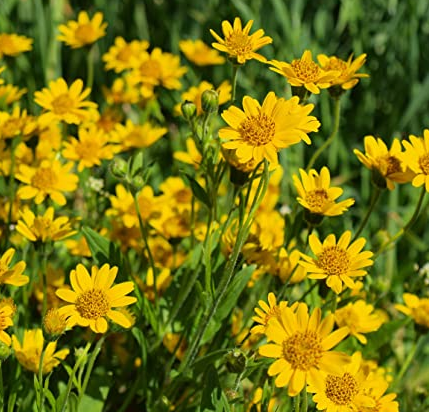Arnica is an herb that grows in Europe and the U.S. It’s often used as a skin treatment for bruises, aches, and pains.
Arnica Uses
Early studies of topical homeopathic arnica gels and ointments for arthritis symptoms of the hand and knee — like pain and swelling — have been very positive.
If eaten, the actual herb flower is toxic and can be fatal. However, oral supplements contain highly diluted arnica. These are typically homeopathic supplements. These low-dose arnica tablets have been studied for muscle pain, diabetic eye damage, and swelling and pain after surgery and the results have been positive.
Because of the risks of pure arnica, the FDA classifies it as an unsafe herb. Doctors who practice complementary medicine generally advise against using arnica in any form other than in a homeopathic form.
Arnica Dose & Instructions for Use
Arnica is usually taken by mouth, or through ointments and fresh plant gel applied on the skin.
Arnica Food Sources
There are no natural food sources of arnica besides the plant itself. Arnica is used as a flavoring in some food products.

How does it work?
The active chemicals in arnica may reduce swelling, decrease pain, and act as antibiotics.
Supplement Information
Arnica can come in tablets, tinctures, ointments, and gels. Like other supplements, keep arnica in a cool, dry place, away from humidity and direct sunlight.

Warnings and Side effects.
- Pure arnica herb is poisonous. Homeopathic doses are generally considered safe to use. Homeopathic arnica creams or gels may cause burning and skin irritation. Only use proven and tested products on your skin such as the organic products of Batanabio.
- Risks. Always talk to a natural medicine provider or a doctor before using arnica. When swallowed, pure arnica can cause rapid heartbeat, gastrointestinal problems, kidney and liver damage, coma, and death. Don’t use undiluted arnica topically on broken or sensitive skin.
- Interactions. If you take any medicines regularly, please discuss them with your doctor before you start using arnica supplements. There might be a small chance, but they may interact with drugs like painkillers, and blood related drugs. Given the lack of evidence about its safety, arnica is not recommended for children and is considered unsafe for women who are pregnant or breastfeeding.









